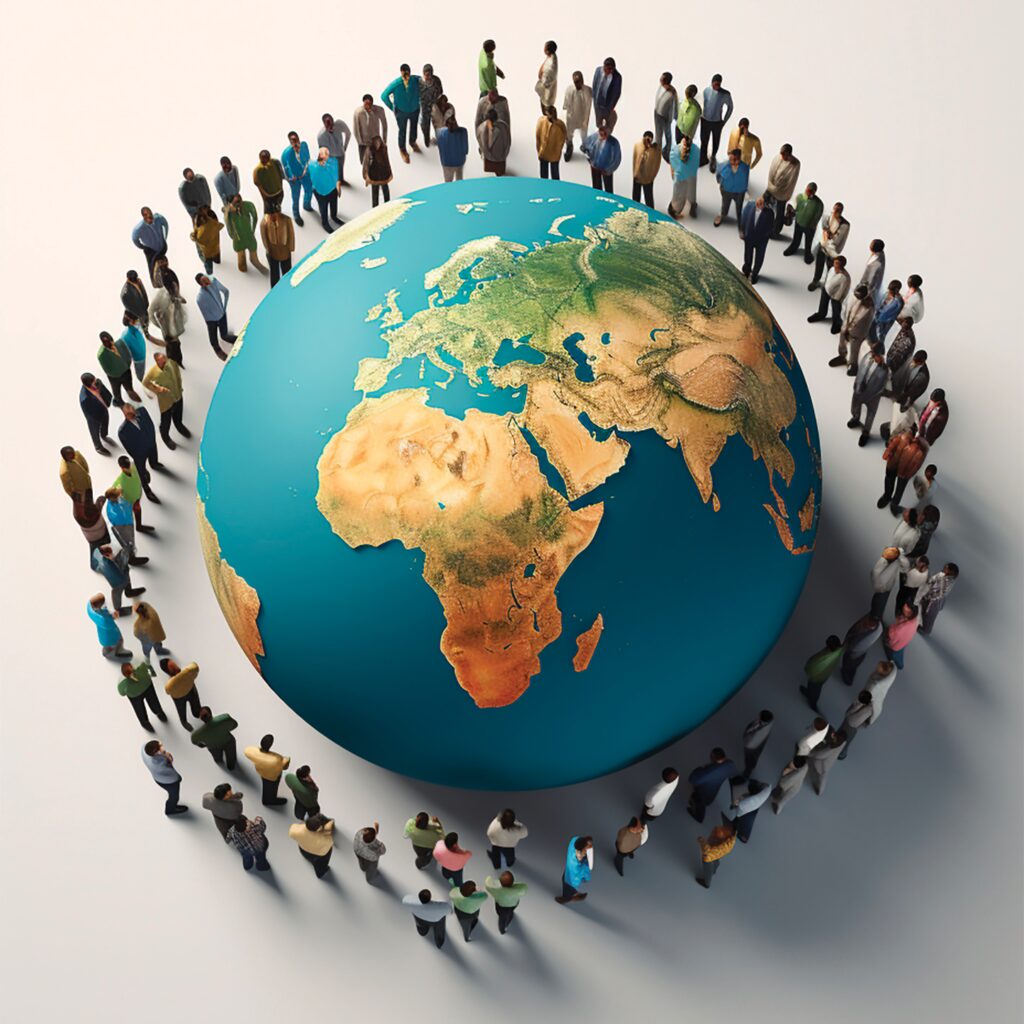Condom sales flop during the pandemic
Lockdown’s legacy of lazy lovers
Condom sales flop during the pandemic

We Brits have an unfair reputation for being prudish about our sex lives. One global survey pre-pandemic found Britain to be the most openly promiscuous of any western industrial country. Even the Netherlands, often lauded for its sexual open-mindedness, came in a distant third on an international index measuring one-night stands, numbers of partners, and attitudes to casual sex. But there are reasons to think that many of us will be staying tight-lipped about just how exciting life has been between the sheets (or even on top of the sheets during those balmy days early in the pandemic) since Covid struck.
With all those lockdowns, curfews and working from home, with more time spent with loved ones at home without interruptions from family and friends, many thought we’d find more time to get down to it and have a good time. But it didn’t work out that way.
Condom sales are not the only guide to the sex lives of the masses, but instead of the boom time predicted by the world’s largest manufacturer, Karex Berhad, makers of one in every five condoms sold worldwide, surprisingly sluggish sales over the pandemic saw it resort to making rubber gloves to boost its revenues. And other condom companies have also seen their sales droop, including Reckitt Benckiser, the British manufacturer of Durex. Meanwhile, a number of surveys including our own have found that sexual activity declined as the pandemic wore on. Part of this has been attributed by experts to increased anxiety levels and an overall “decrease in the number of intimate occasions.”
And it isn’t just a UK issue. Worldwide, the sale and issue of condoms have been impacted by behavioural shifts and logistical hurdles. The shutdown of hotels and motels doomed holiday sex, staycation sex, infidelity sex and other kinds of extra-domestic intimacy. And, of course, business also dried up for sex-workers. Usually, governments and non-profit organisations buy billions of condoms every year.
China, for one, gives a billion free condoms annually as part of its family planning programme, and the city of New York alone hands out more than 300 million condoms and other safe-sex products annually. But because of Covid-19, for a long period Governments and aid agencies stopped buying and distributing condoms as part of sexual health programmes, with many sexual wellness clinics closing completely.
While condom manufacturers are hoping that people will soon start getting out again (for all those one-night stands), as well as staying home and returning to more familiar sexual ways, other indicators suggest that it might take time for things to return to normal. Birth rates also fell during the pandemic, as did sales of contraception. Perversely, lack of access to the latter led to an increase in unplanned pregnancies, the social legacy of which will ripple into the next generation.


Stakeholder capitalism
Your email address will not be published. The views expressed in the comments below are not those of Perspective. We encourage healthy debate, but racist, misogynistic, homophobic and other types of hateful comments will not be published.



